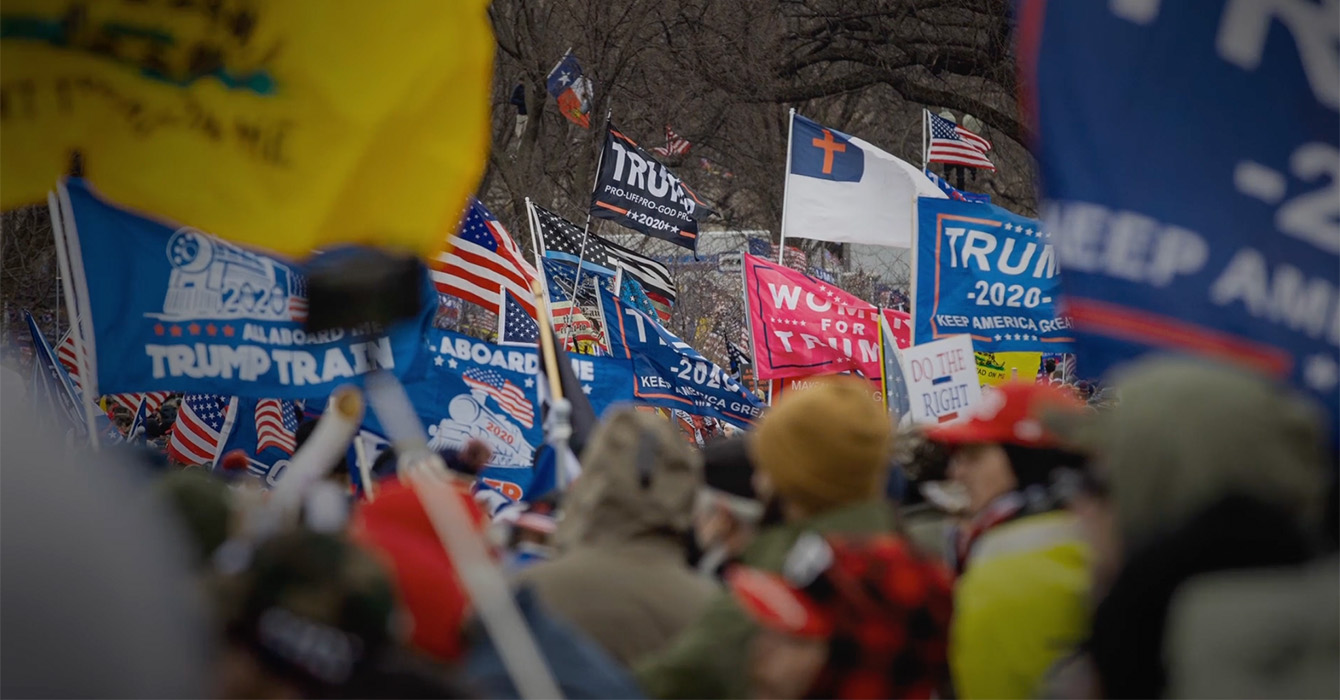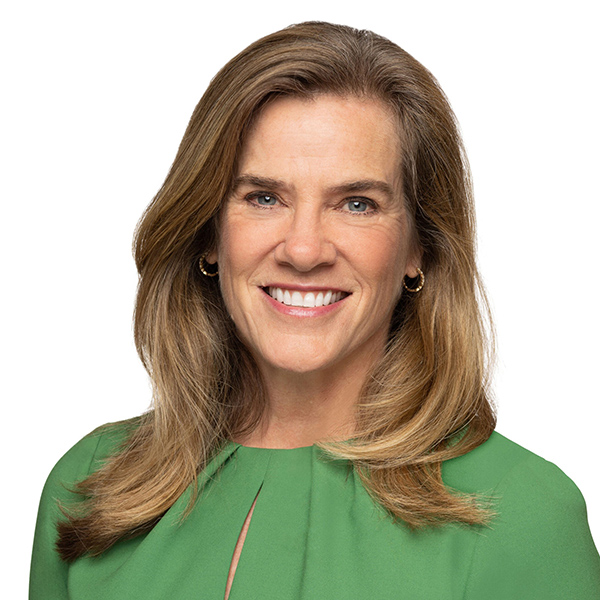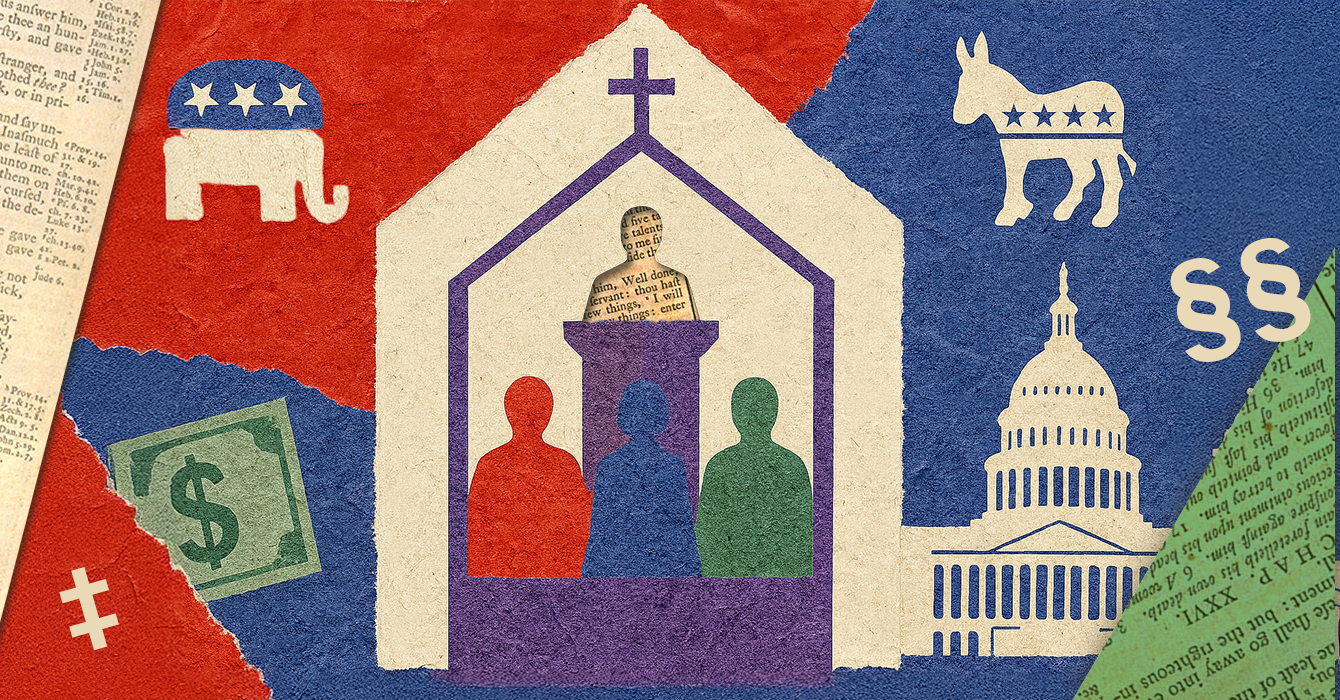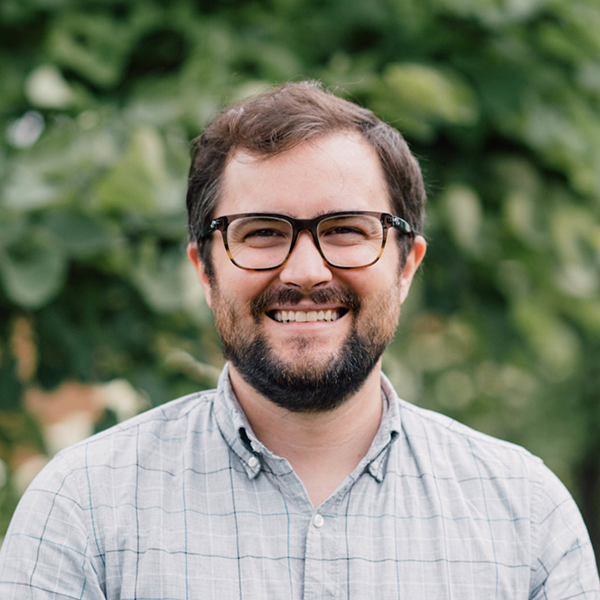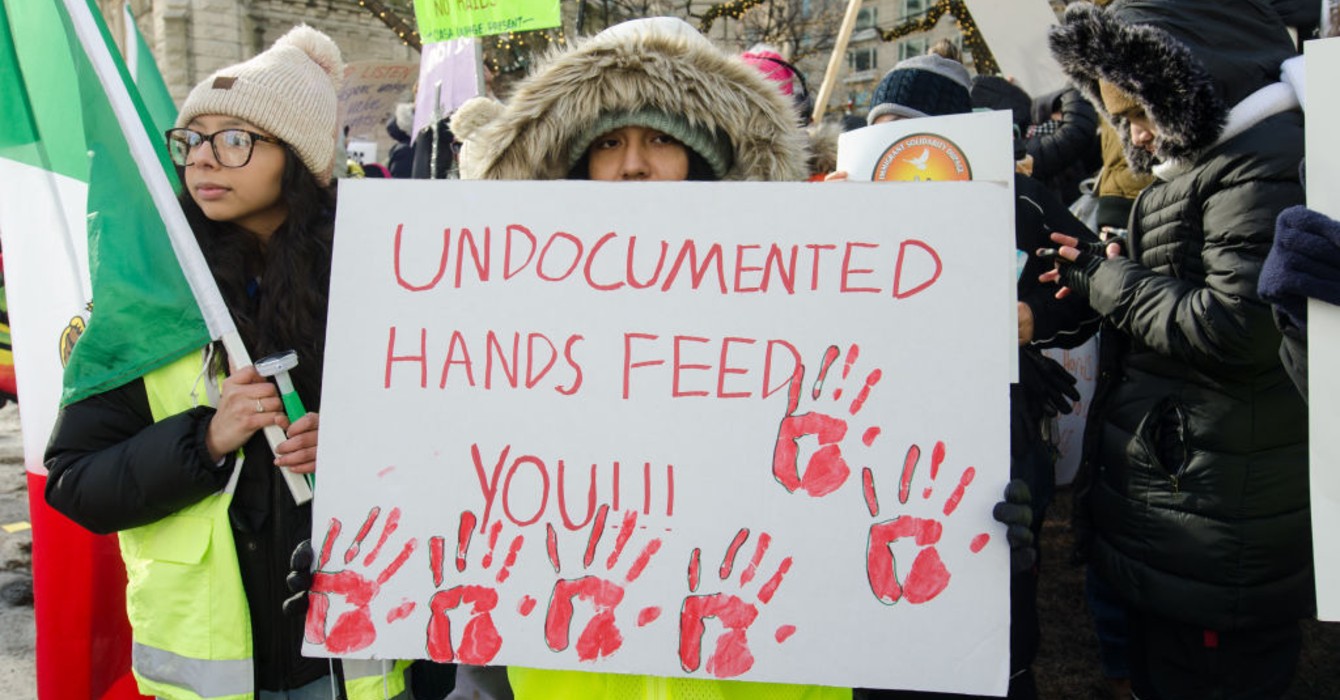In the director’s statement to his film “God & Country,” Dan Partland says, “To be clear, Christianity is not the problem, and having one’s faith inform one’s political beliefs is not the problem. The problem is the intertwining of a Christian identity with a political identity such that it can be hard to tell where one ends and the other begins.”
Partland was already at work on a film about Christian nationalism before Jan. 6 unfolded, and those events informed his final product. He features interviews with a broad range of theological and political scholars, including several with strong conservative or evangelical bona fides, like the columnist David French, Christianity Today editor Russell Moore and former Operation Rescue spokesman Rob Schenck.
Through the film, for which the actor Rob Reiner was a producer, Partland makes the case that Christian nationalism is a threat to both democracy and the church. And while hopeful that the country will ultimately change course, Partland also warns about the movement’s growing reach.
He spoke with Faith & Leadership’s Aleta Payne about the movie. The following is an edited transcript.
Faith & Leadership: A lot of your interviewees talk about where they were on Jan. 6 and their reaction as they watched it unfold. Where were you, and what was your reaction?
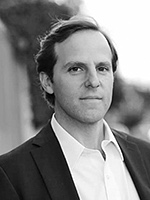
Dan Partland: It’s a great place to start the interview. In December of 2020, right before the start of the holiday break, I was approached by producers who wanted to make a film about what was happening in the Christian nationalism movement in the U.S., and they asked me if I would be interested. They gave me a book called “The Power Worshippers.”
I read that book over the break and started doing a lot of research into what was going on with Christian nationalism in America in preparation for a meeting with the author and the producers on Jan. 7 or 8 of 2021.
On Jan. 6 itself, I was sitting at my desk writing notes about what I wanted to say in this meeting about what sort of film I could see making that would address the rise of Christian nationalism.
On the one hand, I was taking notes about the things that I wanted to say. And on the other hand, we were all so engaged in the politics of that moment, I had a television screen on in the background just to watch the certification of the vote.
Obviously, what was actually being broadcast was very little about the certification of the vote and everything about the insurrection, the riot-turned-insurrection at the Capitol. I was very sensitized to the issue as I was watching those events unfold, and what was very notable to me was how rife the whole scene was with Christian imagery, Christian iconography, language, chanting, stuff like that, and how completely absent from the mainstream news coverage that was. It was as though the mainstream media didn’t see it at all.
I don’t think there was anything conspiratorial — an effort to not talk about it or suppress it. They just hadn’t been sensitized in the way that I had been hypersensitized, because of the research I was doing. It was very much part of how I saw that moment transpire from the beginning, and it informed the way I approached the project.
F&L: Having done that research, and having done much more research since, how would you define Christian nationalism?
DP: That has been from the beginning — and remains — the hardest part of this project, for a lot of reasons.
It’s really complicated to get your head around. The name itself sounds descriptive, but it’s not really; it doesn’t self-describe in a good way. “Christian nationalism” is a terribly kind of confusing, misleading term, because it sounds like it might be something that’s very nice. It sounds like it might be something that’s about love of country and love of your faith. You end up first having to unwind the assumption that goes with those words.
Not everybody has a very ready understanding of what “nationalism” is. “Christian” is a really broad descriptor that means a lot of different things to a lot of different people. The term is ultimately misleading, because Christian nationalism really is a political identity and a political movement that is masquerading as faith.
The name itself is very confusing; let’s put it that way. It accomplishes the goals that a lot of Christian nationalists have, because what they really are trying to do is to conflate a political ideology with a faith. Just the fact that what’s become the common way of referring to it has in the title the word “Christian” really complicates the effort to explain it to people, in a way that’s very beneficial to the rise of this movement.
I had a lot of misgivings about whether I should do this project at all, because I didn’t want to do anything that would be very critical of anyone’s faith. It’s only as I learned more about the mechanics of how the movement proliferates that I understood that that is the central way they get people to back off from talking about it. If they can get people to believe that speaking about this movement, this political movement, is being critical of someone’s faith, then a lot of people don’t want to go there.
That’s a really encouraging thing — that it’s the nature of Americans to really respect religious liberty and want to leave everybody to have their own religious belief. It’s a hands-off topic. The problem is this is more of a political movement than a religious one.
F&L: When we hear about Christian nationalism, a lot of times it’s described as autocracy, as a threat to democracy. Would you talk about how you perceive it as a threat to the church?
DP: I’m a largely secular person. I became interested in this really because I saw the danger to democracy. But as I became immersed in it, I found that the best and strongest voices who had the most insight to offer were overwhelmingly Christian conservatives. It was very important for me to reach out to them and to enlist them to collect their insights and make sure that their perspectives were included in the film.
When you see it through the perspective of people who are deeply devout, you can really understand how it’s also a threat to the church. The scholarship that has been done in the area shows a pattern where this conservative political identity is becoming the dominant expression of Christianity in America.
That’s kind of surprising; some people find that a shocking thing to say. The largest [percentage] of American Christians right now self-identify as evangelicals. And that’s a really complicated definition, because evangelicalism is not really a denomination; it’s more of a descriptor. It doesn’t have a solid definition the way a lot of the mainline denominations do. Anyone is welcome to consider themselves an evangelical.
A lot of people who are traditional evangelicals, who grew up in the evangelical church and who are deeply committed to it, really feel that that identity has been hijacked by something that’s more of a political identity. It’s something that is seen on TV, and people who maybe are not getting a lot of theological guidance are choosing that identity because they like something about the value system that it stands for. But those values are overwhelmingly more political and partisan than theological.
F&L: Several of the people you interviewed point to this nexus in Christian nationalism of the desire for power and the desire for money in leadership levels — which might feel more like a motivation than theology.
DP: I think one of the real tragedies in all of this is how many people are swept up in this movement unwittingly. I think that most people wouldn’t self-identify as Christian nationalists. It’s ultimately a leadership-driven movement, and it’s preying upon people’s desire in some sense to be led, to take the direction of authorities, both on the political side and on their faith and spiritual practice.
If you’re hearing the same message seemingly from political leaders, from business leadership, from faith leaders that this is the way, that following this list of political deliverables is the way to be a better American and a better Christian, you’re going to do that. The movement is making those leaders very rich and powerful.
In a sense, I think the people the film most wants to reach are the people who have been swept up in this, I think unwittingly, because of the tremendous social pressure and because of the voice of the leaders.
F&L: How do you leave this project? With the film completed, are you anxious? Are you sad? How do you emerge from such a deep dive into this?
DP: I think that we have to face the fact that this movement at this moment in 2024 is still an ascendant movement in the United States. I think that should cause a great deal of concern for all Americans, and especially for American Christians.
I’m very worried about the prospect of political violence in the near future — in this election cycle — coming from this movement in particular, which has decided that violence is an acceptable way to advance their political goals.
What I think is really going on on some level is that Americans have lost so much faith in the American experiment. In other times when we’ve hit moments of crisis like this, there’ve been a lot of people who are ready to stand up and say, “That’s not who we are. That’s not what we’re about” and who have reconnected us to what I view as the true American values.
There are all these reckonings happening, and I think that they’re needed and they’re important, but we have to be able to see the flaws and also still admire and appreciate the aspiration that we all are working together toward those goals. I think if we can get back to that, we will be able to overcome this moment of tremendous division and be able to defeat this idea of Christian nationalism.
I ultimately am hopeful, because I do believe in Americans, and I do believe that we have a rich and deeply ingrained civic culture that at its core genuinely believes in freedom and justice, freedom of religion, justice for all, and trying to move toward this more perfect union, having an equal playing field for all people. I think Christian nationalism will be defeated, but I think at the moment it’s still an ascendant movement.

